Your digestive system is connected to EVERYTHING that happens in your body, so it only makes sense that when it isn’t working properly, any number of problems can occur. Having a healthy gut means more than simply being free of bloating or heartburn! It is absolutely connected to your overall health and well-being. Many health concerns have been linked to a poorly functioning digestive system, such as:
| • Arthritis • Autoimmune disease • Rashes • Acne • Chronic fatigue • Mood disorders • Autism • Dementia • Cancer • Bad breath • Gas, bloating, abdominal pain | • Toxemia • Candida yeast overrun • Chronic fatigue • Brain fogginess • Lowered immunity • Impaired digestion & absorption • Irritable bowel syndrome • Migraines • PMS | • Hormonal imbalances • Vaginitis • Asthma • Fibromyalgia • Weight gain • Food allergies • Chronic fatigue • Yeast infections • Depression …and more! |
A wide range of factors can influence how well your digestive system functions, including dietary habits, medications, and emotional wellness. Most people are affected by at least one of these factors. In fact, an estimated two-thirds of women suffer from gastrointestinal problems, which often lead to poor absorption of nutrients. Are you one of them?
"...All disease begins in the gut."
- Hippocrates (Father of Modern Medicine)
Why Are We Suffering From Unhealthy Guts?
It is no secret that sound health relies on a healthy gut, and if your gut is unhealthy, you could find yourself experiencing a number of problems and diseases. A major portion of your immune system is associated with your gut. Our intestines contain delicate proportions of both harmful and healthy bacteria that harm and protect our body, respectively. If the harmful bacteria attack your intestines, the healthy bacteria are alerted to defend your body and gut.
We are often prescribed antibiotics to manage illness, but overuse can end up killing off healthy bacteria from our guts, enabling the harmful bacteria to proliferate. This is called “dysbiosis”, and can set the stage for an unhealthy and leaky gut. A Ketogenic diet improves the function and condition of your digestive system and helps sustain the integrity of the gut wall and the presence of healthy bacteria in many ways.
We are often prescribed antibiotics to manage illness, but overuse can end up killing off healthy bacteria from our guts, enabling the harmful bacteria to proliferate. This is called “dysbiosis”, and can set the stage for an unhealthy and leaky gut. A Ketogenic diet improves the function and condition of your digestive system and helps sustain the integrity of the gut wall and the presence of healthy bacteria in many ways.
How Does an Unhealthy Gut Affect Us?
An unhealthy gut can negatively impact our health. Overuse of antibiotics, stress, and poor diets can significantly reduce the number of healthy bacteria in your intestines, allowing harmful bacteria to take over your gut and rapidly multiply. High levels of harmful bacteria in your gut can lead to inflammation and begin to degrade the quality of your health. It can also contribute to poor digestion, slow nutrition absorption, deterioration of the immune system, inflammation, gut leakage, and may eventually manifest as a chronic disease. Other symptoms of an unhealthy gut include bloating, food intolerance, joint pain, autoimmune disease, allergies, and fatigue.
If you have been experiencing these symptoms, especially severe fatigue, you may consider visiting a doctor or natural health care practitioner, and perhaps make major health, diet, and lifestyle changes. Adapting to a Ketogenic diet will help you benefit from increased energy, natural weight loss, clearer thinking, healthier hair, skin, and nails, and most importantly, a healthy gut and a strong immune system!
If you have been experiencing these symptoms, especially severe fatigue, you may consider visiting a doctor or natural health care practitioner, and perhaps make major health, diet, and lifestyle changes. Adapting to a Ketogenic diet will help you benefit from increased energy, natural weight loss, clearer thinking, healthier hair, skin, and nails, and most importantly, a healthy gut and a strong immune system!
What is a Ketogenic Diet and Why is it Recommended?
The Ketogenic Diet was introduced to treat the symptoms of epilepsy in children. It consists of low carbohydrates, high levels of healthy fat, and a moderate amount of protein. The Ketogenic diet enables the body to focus on burning fat rather than carbohydrates. It is a scientific and proven fact that carbohydrates are catalyzed and converted into glucose, which is further transported to your body via the bloodstream and plays a vital role in fueling your brain function. Low carbohydrate meals, however, result in the conversion of fat to fatty acids and ketone bodies. These induced ketone bodies are transported back to the brain, and they become a primary source of sustainable energy in your body. If high levels of ketone bodies are in the bloodstream, it creates a state of “ketosis”, and is crucial in keeping epileptic seizures under control.
The Ketogenic Diet is also adopted by people who suffer from an unhealthy gut because it often helps restore the healthy function of their digestive system. Consumption of a Ketogenic diet has become an essential diet plan of many people suffering from a severe gut ailment because it helps them to recover quickly.
The Ketogenic Diet is also adopted by people who suffer from an unhealthy gut because it often helps restore the healthy function of their digestive system. Consumption of a Ketogenic diet has become an essential diet plan of many people suffering from a severe gut ailment because it helps them to recover quickly.
The Ketogenic Diet Helps to Stop Cravings
Recent studies have begun to show a connection between intense cravings and our gut. It is widely accepted that our microbiome (healthy gut bacteria) acts as one of the most significant contributing factors in changing our behavior. Our guts’ microbiome is highly responsible for igniting food cravings, and, if the cravings are not satiated, it could further aggravate our cravings. The presence of harmful bacteria in our guts makes us crave sugar-laden foods and carbohydrates, and can lead to a leaky gut.
Transitioning to a Ketogenic diet keeps the consumption of processed and sugar-laden foods at a minimum, while incorporating healthy treats and snacks that are made with healthy fats and natural sweeteners like erythritol, xylitol, or monk fruit, rather than harmful sugar. This also helps keep cravings at bay because you don't feel deprived.
It can be challenging to switch meal plans, but it is guaranteed to improve your lifestyle. A Ketogenic diet starves harmful bacteria of the food they need for their reproduction by eliminating sugar and reducing carbs, and thus causes them to die off more easily.
Several doctors and scientists have speculated that transitioning to a Ketogenic diet alleviates the number of episodes associated with epilepsy. It is further suggested that a human’s brain more instinctively prefers ketones rather than glucose for energy. Studies show that a majority of the people studied have observed a drastic change in better energy levels, better moods, reduction in mood swings, less lethargy, improved alertness, enhanced mental clarity, and peace of mind.
One particular hypothesis suggests that previous generations of humans were ketogenic, and this trait was passed on to the descendants, making them more evolutionarily disposed toward using ketones for fuel rather than glucose. The Ketogenic diet is essentially engrained in our DNA.
Transitioning to a Ketogenic diet keeps the consumption of processed and sugar-laden foods at a minimum, while incorporating healthy treats and snacks that are made with healthy fats and natural sweeteners like erythritol, xylitol, or monk fruit, rather than harmful sugar. This also helps keep cravings at bay because you don't feel deprived.
It can be challenging to switch meal plans, but it is guaranteed to improve your lifestyle. A Ketogenic diet starves harmful bacteria of the food they need for their reproduction by eliminating sugar and reducing carbs, and thus causes them to die off more easily.
Several doctors and scientists have speculated that transitioning to a Ketogenic diet alleviates the number of episodes associated with epilepsy. It is further suggested that a human’s brain more instinctively prefers ketones rather than glucose for energy. Studies show that a majority of the people studied have observed a drastic change in better energy levels, better moods, reduction in mood swings, less lethargy, improved alertness, enhanced mental clarity, and peace of mind.
One particular hypothesis suggests that previous generations of humans were ketogenic, and this trait was passed on to the descendants, making them more evolutionarily disposed toward using ketones for fuel rather than glucose. The Ketogenic diet is essentially engrained in our DNA.
5 WAYS THE KETOGENIC DIET HELPS TO IMPROVE GUT HEALTH
1. Eliminates Sugars and Artificial Sweeteners
Consumption of sugar-loaded or producing foods and artificial sweeteners are responsible for causing inflammation in your gut and may contribute to damage and malfunction. The Ketogenic diet strictly eliminates harmful sugars and artificial sweeteners, all grains, wheat, rice, pasta, potatoes, and beans, while limiting other carbs to reduce sugar levels in the bloodstream.
Consumption of sugar-loaded or producing foods and artificial sweeteners are responsible for causing inflammation in your gut and may contribute to damage and malfunction. The Ketogenic diet strictly eliminates harmful sugars and artificial sweeteners, all grains, wheat, rice, pasta, potatoes, and beans, while limiting other carbs to reduce sugar levels in the bloodstream.
2. Increases Probiotics
The Ketogenic diet promotes consumption of naturally fermented vegetables and the use of probiotic supplements. These will supply the body with healthy gut bacteria called “probiotics”. Probiotics play a vital role in the removal of bacterial traces from your gut, and they speed up your gut’s cleansing mechanism. Eating fermented vegetables such as kimchi and sauerkraut, as well as supplementing your diet plan with recommended probiotics is more likely to eliminate harmful bacteria and replace it with healthy bacteria in your gut, which boosts your immune system.
The Ketogenic diet promotes consumption of naturally fermented vegetables and the use of probiotic supplements. These will supply the body with healthy gut bacteria called “probiotics”. Probiotics play a vital role in the removal of bacterial traces from your gut, and they speed up your gut’s cleansing mechanism. Eating fermented vegetables such as kimchi and sauerkraut, as well as supplementing your diet plan with recommended probiotics is more likely to eliminate harmful bacteria and replace it with healthy bacteria in your gut, which boosts your immune system.
3. Upgrades Your Diet
Maintaining a healthy diet plays an essential role in the maintenance of your gut flora. It could potentially improve or aggravate the condition and function of your gut. Adopting a Ketogenic diet is helpful because you will eliminate the consumption of saccharine-heavy food and replace it with items that are enriched with a moderate level of protein, high fat, and healthy carbohydrates. It promotes consumption of nourishing bone-broth and nutrient-dense foods in the form of green leafy and cruciferous vegetables. It also promotes eating salmon and fish because their Omega 3 fatty acids which can instantly boost your immune system.
Maintaining a healthy diet plays an essential role in the maintenance of your gut flora. It could potentially improve or aggravate the condition and function of your gut. Adopting a Ketogenic diet is helpful because you will eliminate the consumption of saccharine-heavy food and replace it with items that are enriched with a moderate level of protein, high fat, and healthy carbohydrates. It promotes consumption of nourishing bone-broth and nutrient-dense foods in the form of green leafy and cruciferous vegetables. It also promotes eating salmon and fish because their Omega 3 fatty acids which can instantly boost your immune system.
4. Eat Organic
The Ketogenic diet promotes eating fresh organic whole foods whenever possible. Processed or commercial foods can aggravate and damage the condition of your gut and can contribute to Leaky Gut Syndrome. If you have poor gut flora, you should immediately eliminate ALL processed foods and start incorporating healthy Ketogenic foods into your diet plan. Converting your diet plan to organic may be challenging, but it will improve the condition of your gut flora in the long run. You’ll probably find that when you cut out processed foods and junk foods, there will be more money in your budget to put toward healthier options such as organic produce, grass-fed/pasture-raised meats, and wild-caught seafood.
The Ketogenic diet promotes eating fresh organic whole foods whenever possible. Processed or commercial foods can aggravate and damage the condition of your gut and can contribute to Leaky Gut Syndrome. If you have poor gut flora, you should immediately eliminate ALL processed foods and start incorporating healthy Ketogenic foods into your diet plan. Converting your diet plan to organic may be challenging, but it will improve the condition of your gut flora in the long run. You’ll probably find that when you cut out processed foods and junk foods, there will be more money in your budget to put toward healthier options such as organic produce, grass-fed/pasture-raised meats, and wild-caught seafood.
5. Incorporates Organic Coconut Oil
The Ketogenic diet promotes high consumption of healthy fats including coconut oil because coconut oil promotes the production of ketones. In addition, coconut oil is helps maintain a healthy gut because it has antibacterial properties and is classified as an MCT, or medium-chain triglyceride. It can prove beneficial in reducing the inflammation of your gut, and supporting healthy gut flora. Organic coconut oil is edible and can improve the overall condition of your gut. It’s also great for your skin, hair, and nails!
The Ketogenic diet promotes high consumption of healthy fats including coconut oil because coconut oil promotes the production of ketones. In addition, coconut oil is helps maintain a healthy gut because it has antibacterial properties and is classified as an MCT, or medium-chain triglyceride. It can prove beneficial in reducing the inflammation of your gut, and supporting healthy gut flora. Organic coconut oil is edible and can improve the overall condition of your gut. It’s also great for your skin, hair, and nails!

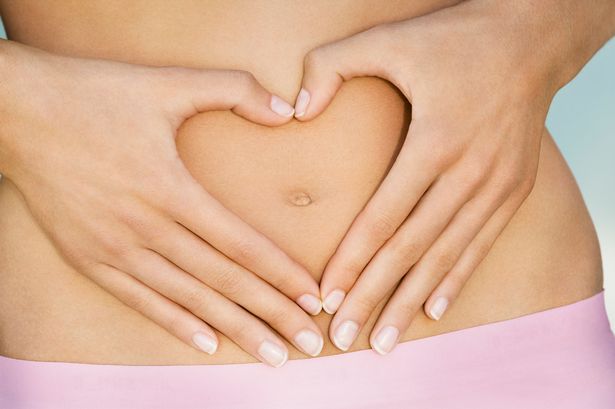
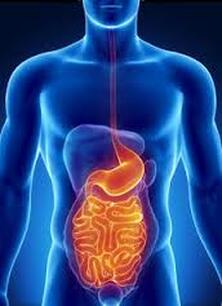



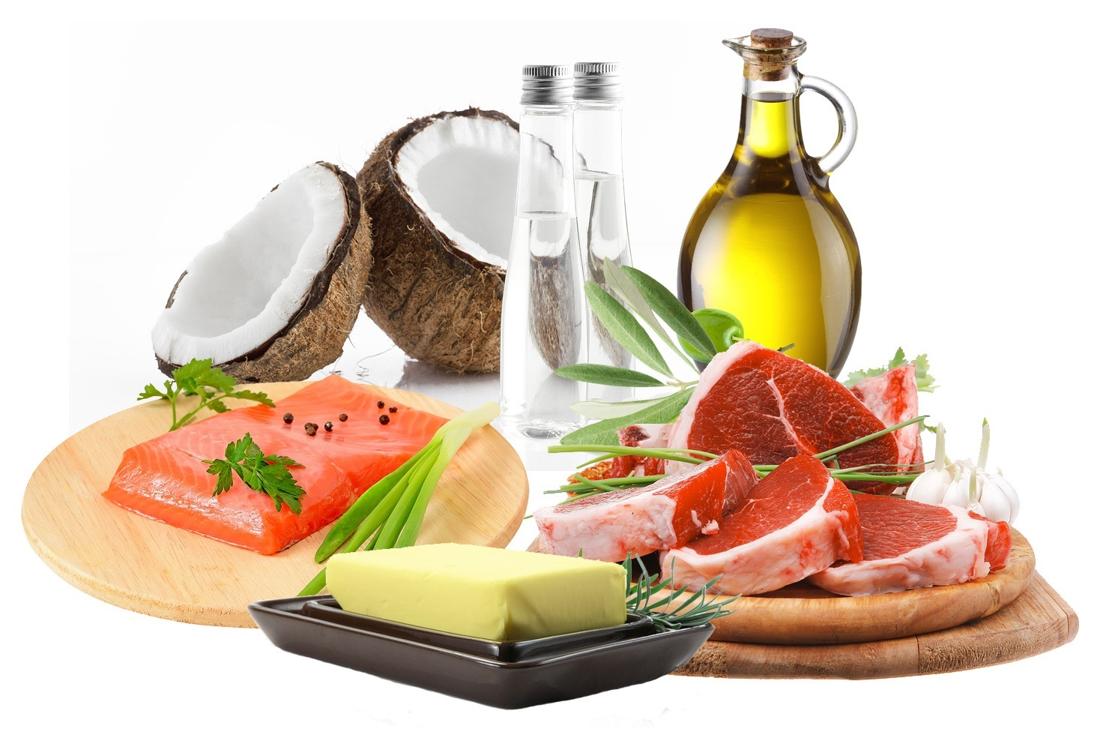


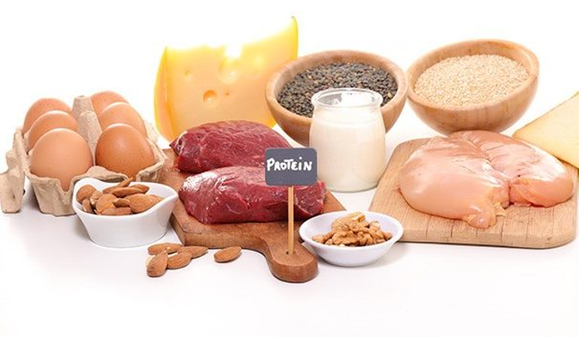
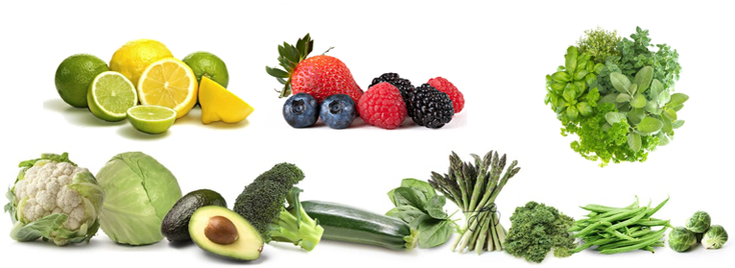


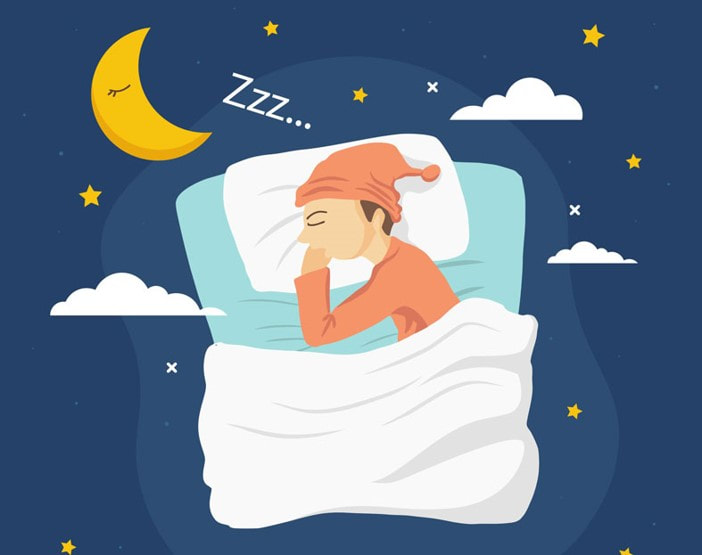
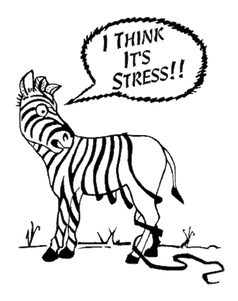


 RSS Feed
RSS Feed